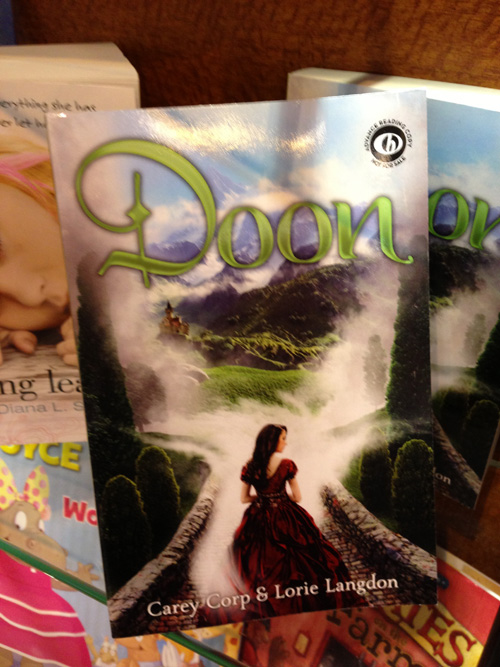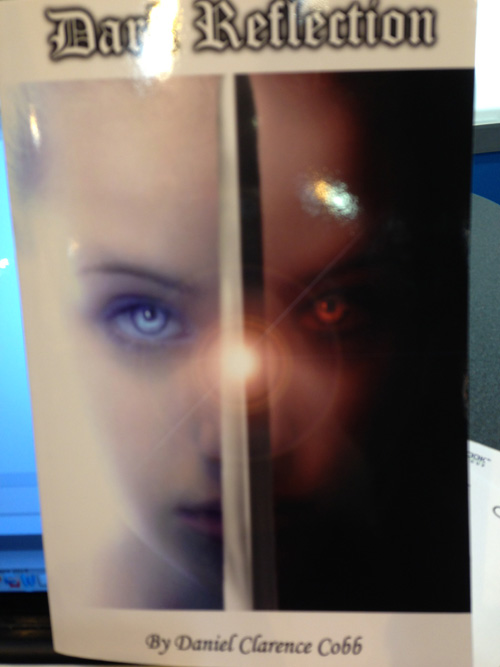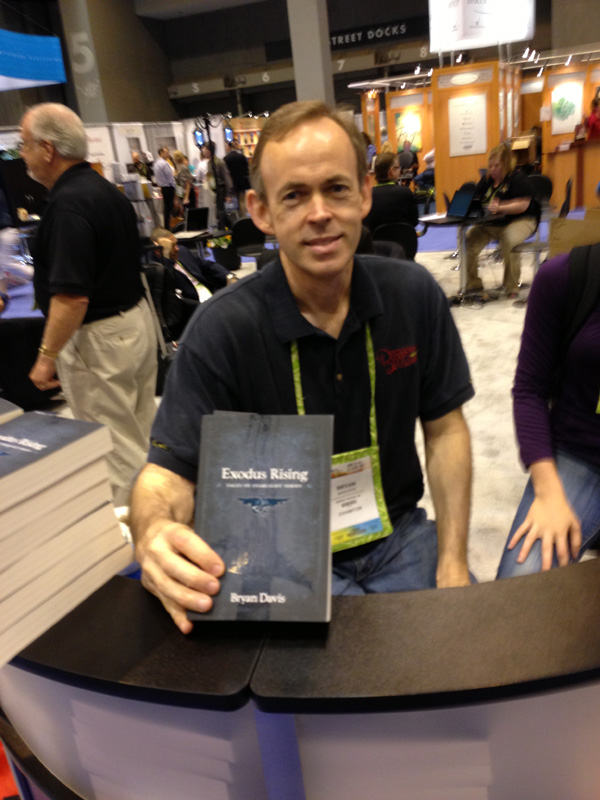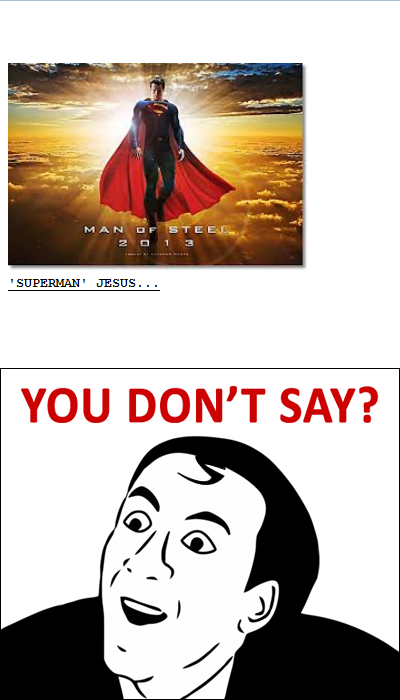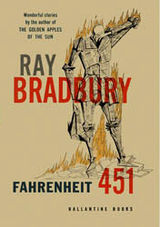A Fantasy Character Looks At Science Fiction
 Based on an early review of the book as âa solid bit of social science fiction,â the reader bought a copy, only to find heâd been hoodwinked. Righteously disgruntled, he wrapped up his resultant two-star review by saying, âCharacters reciting scripture may be fantasy but its not remotely hard scifi.â
Based on an early review of the book as âa solid bit of social science fiction,â the reader bought a copy, only to find heâd been hoodwinked. Righteously disgruntled, he wrapped up his resultant two-star review by saying, âCharacters reciting scripture may be fantasy but its not remotely hard scifi.â
True, the book in question is not hard scifi. But I know a lot of peopleâin fact, Iâm one of themâwho memorize scripture. There’s nothing fantastic about it; we’re ordinary people leading ordinary lives. (BTW, have you ever noticed it takes about the same length of time to recite Hebrews 11 as it does to shower? Try it!)
Want to talk about unrealistic? Here’s one for you: Once there was a bit of nothing. It packed itself so tightly together that it blew up. No joke! Though no force existed to press that void together, and there was nothing present to ignite this nonexistence, all that nada went BOOM in a very big way. The heat created by this intensely compressed absence-of-all-matter-and-everything-else being suddenly (did time exist yet? Iâm not clear on that part) and violently flung into nowhere from the center of nowhere was intense. As it cooledâstill expanding, nothingness though it wasâit converted energy (which apparently was created by the explosion, though again, Iâm not sure) into subatomic particles. And that, kiddies, was the origin of all the matter in the universe.
A Wikipedia article on the subject states this âis a well-tested scientific theory and is widely accepted within the scientific community.â Hmm. Sounds more like science fiction to me, but what do I know? Iâm a fantasy character.
Despite the fact that I donât live in the real world, I donât belittle real science. I have a humble respect for the many brilliant and dedicated people who have devoted themselves to learning what makes things tick and discovering ways to make all our lives safer, healthier, and less burdensome. Simply put, science rocks.
It’s the philosophers I have a problem with. Those who, in their zeal for promoting their unsustainable theories, suppress evidence, ridicule opposing ideas, ignore established scientific principles, promote hoaxes, and, when the weight of evidence collapses one of their constructs, come up with an even less likely theory to replace it. Itâs an epic tale involving spiritism and seances, conspiracies, deception, and strong-arm tactics.
But, take heart: the truth will out, as they sayâthough at present, it seems a long time coming. What do we do in the meantime?
We must be discerning, for starters. We must learn how to recognize the real truth (John 17:17) and not let anyone talk us out of it. We’ll run up against a bit of difficulty along the way, and we must apply wisdom (Proverbs 1:7) in every situation.
Also, itâs important that we not abandon our childrenâs education to secular teachers. Without resorting to the opposition’s tactics of rancor and ridicule, let’s look at the schoolwork our kids are assigned. We can show our kids whatâs real and whatâs fairy tale, even when the fantasy is “widely accepted within the scientific community.” Teach them how to be discerning with love, pointing out that most who believe the lie are honestly mistaken.
We don’t need to be obnoxious about it, but neither should we turn a blind eye to the travesty being perpetrated all around us. Speculative fiction is fun, but let’s not forget the real story. We should read the truth, write the truth, speak the truth, live the truth. And if people accuse us of living in a fantasy world? Invite them to join us there. Their reality is stranger than our fiction.




































